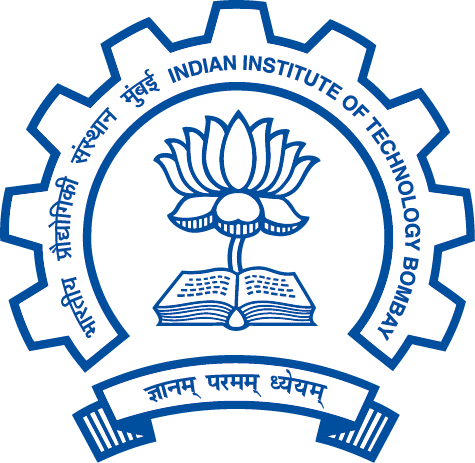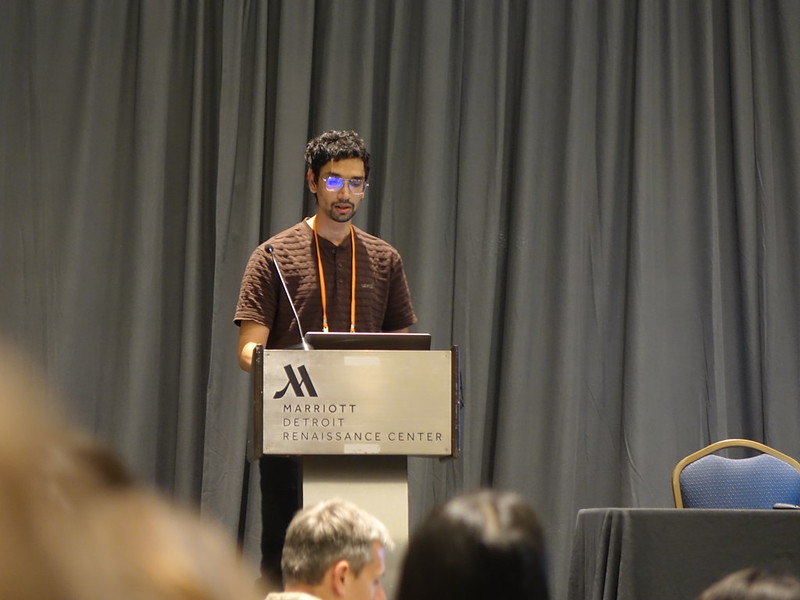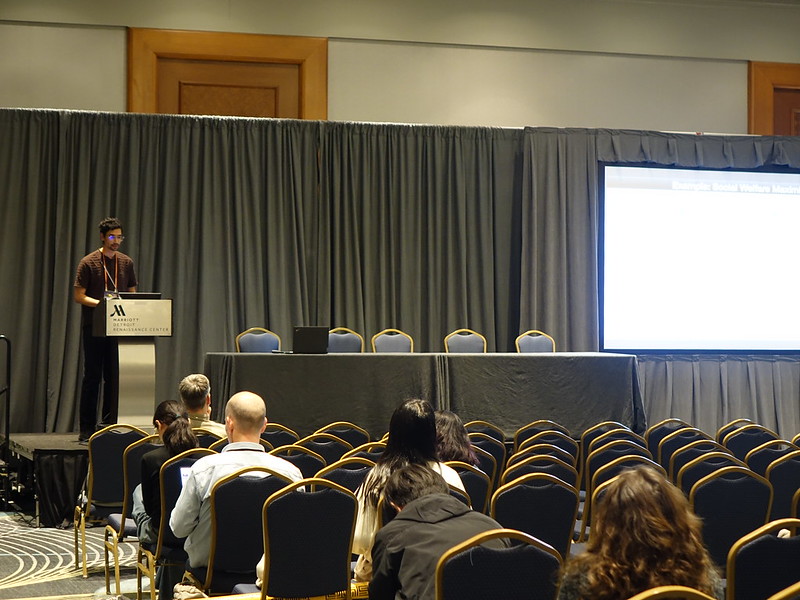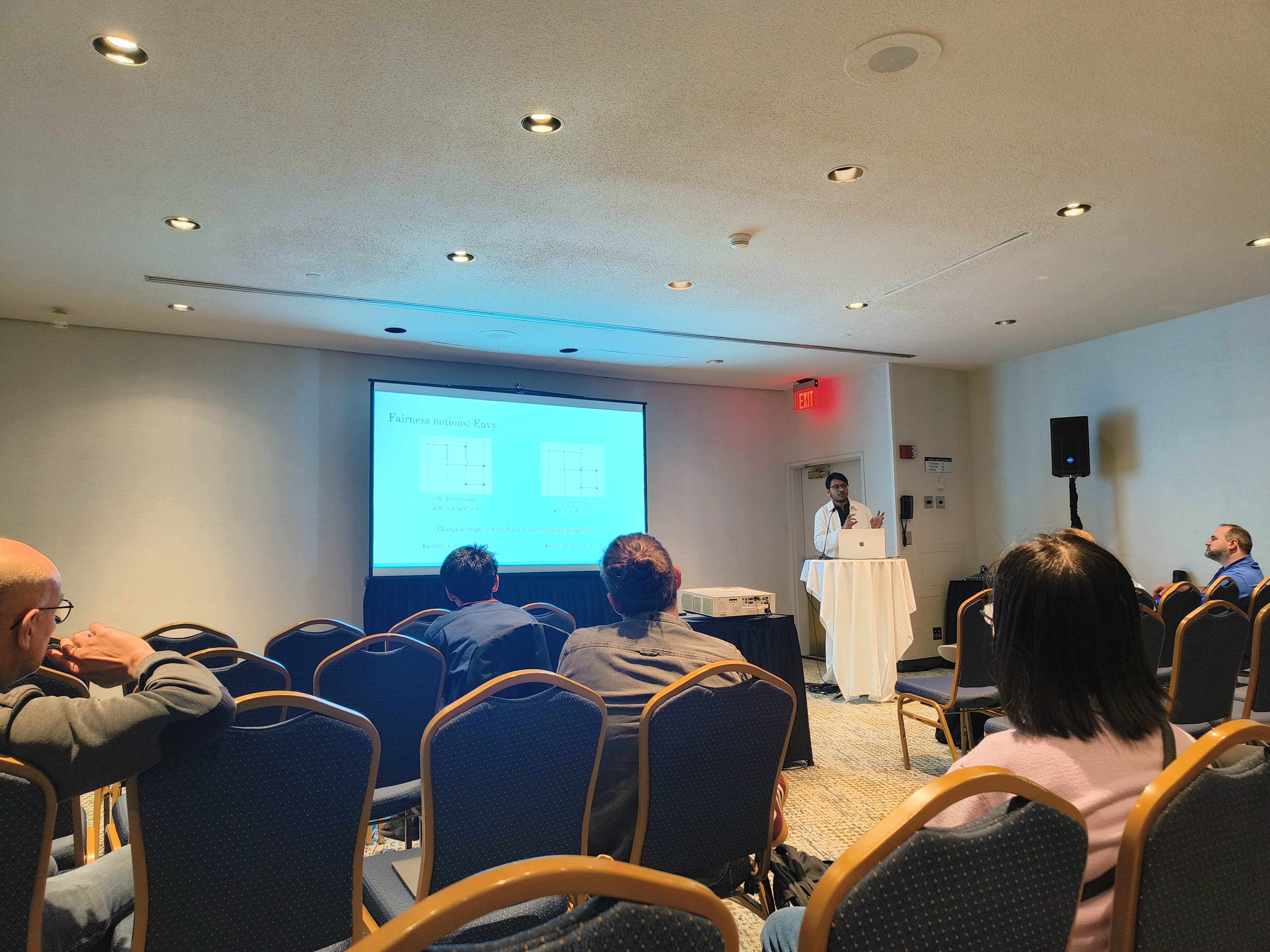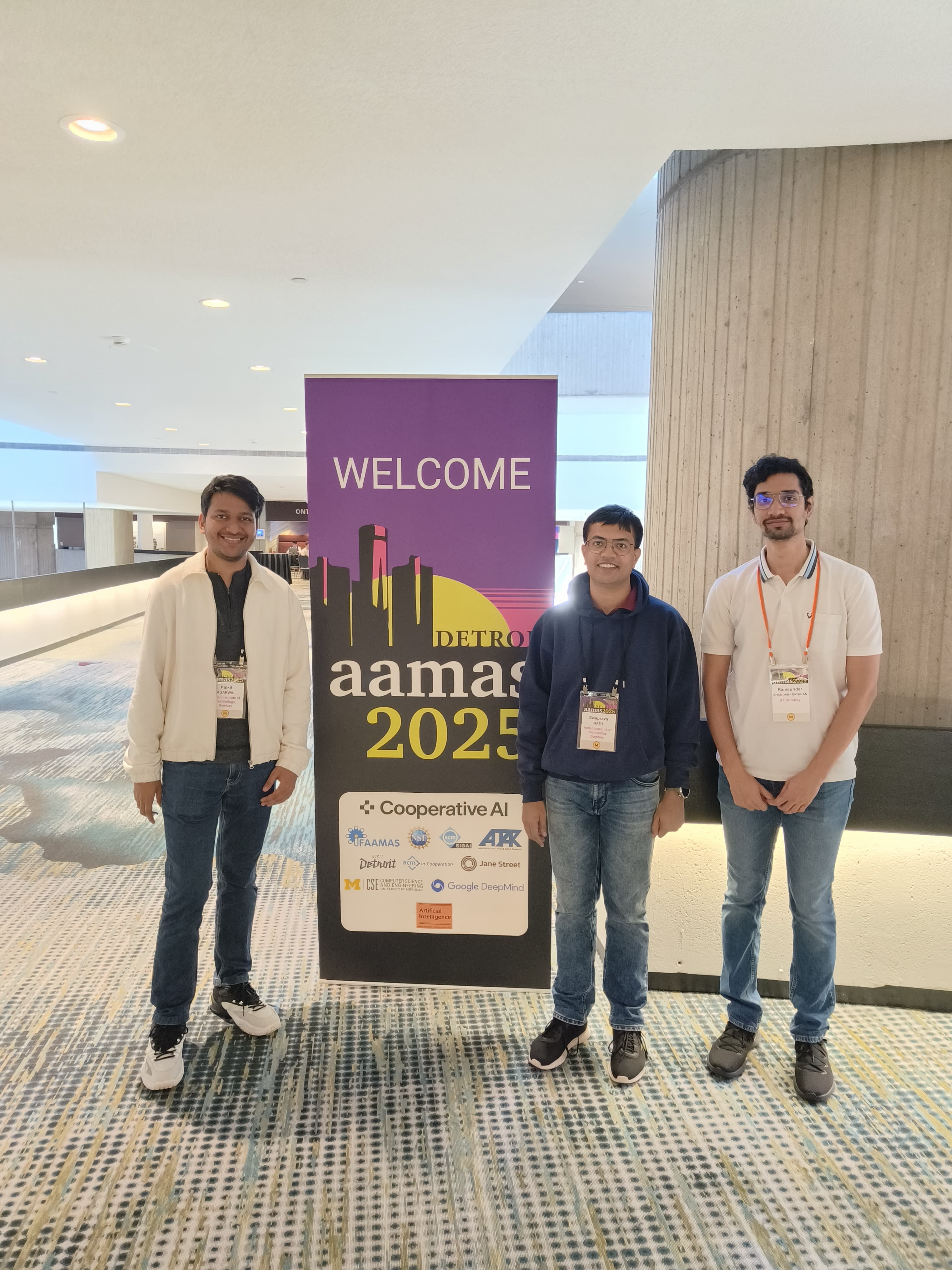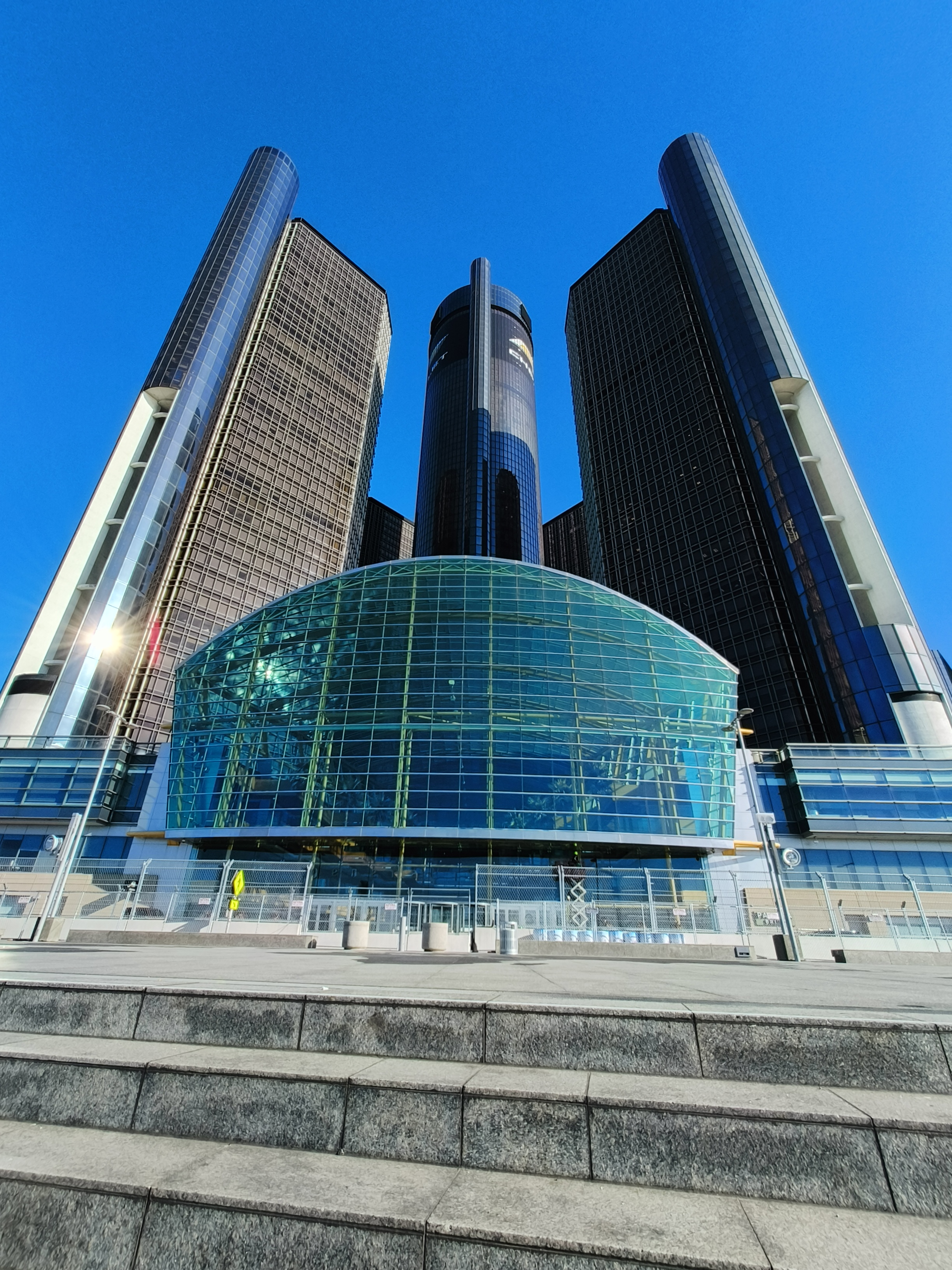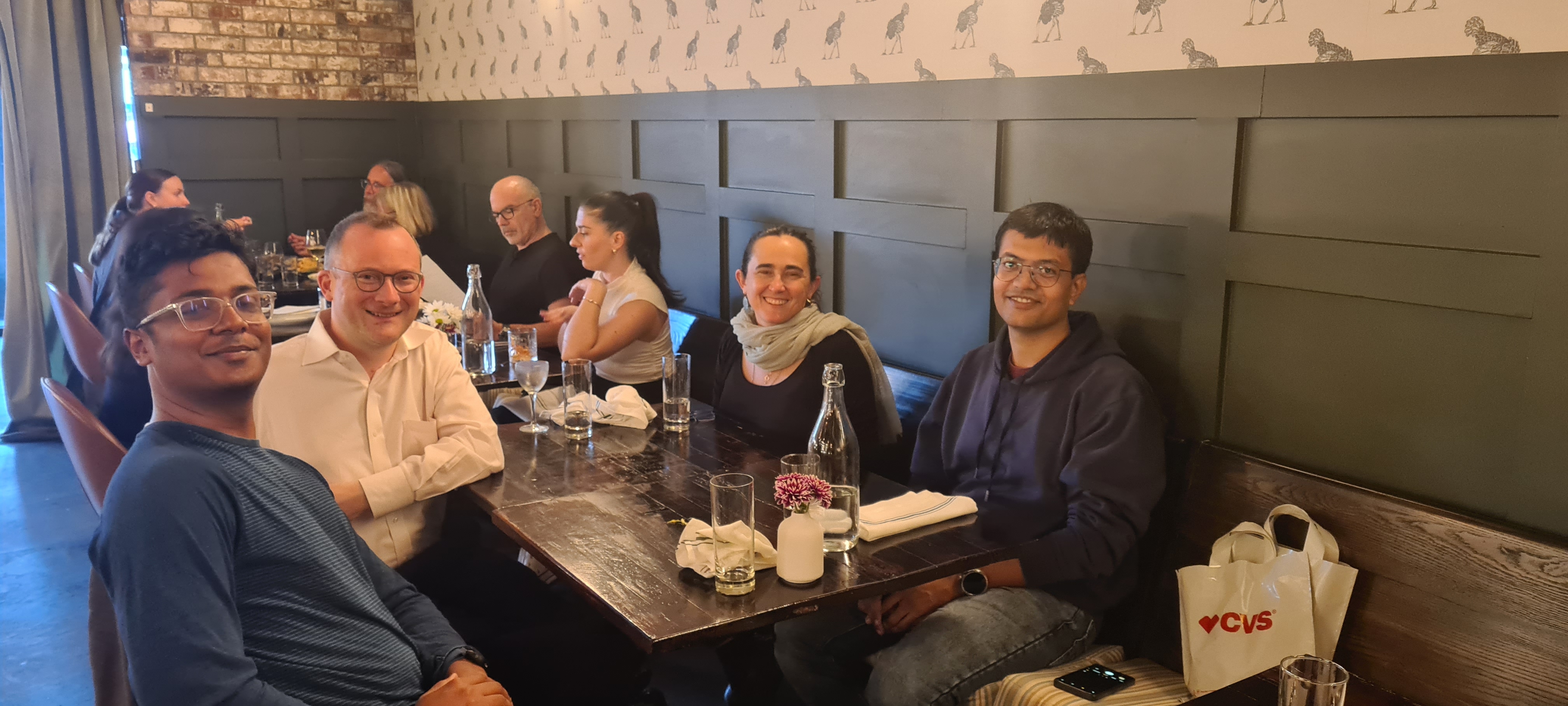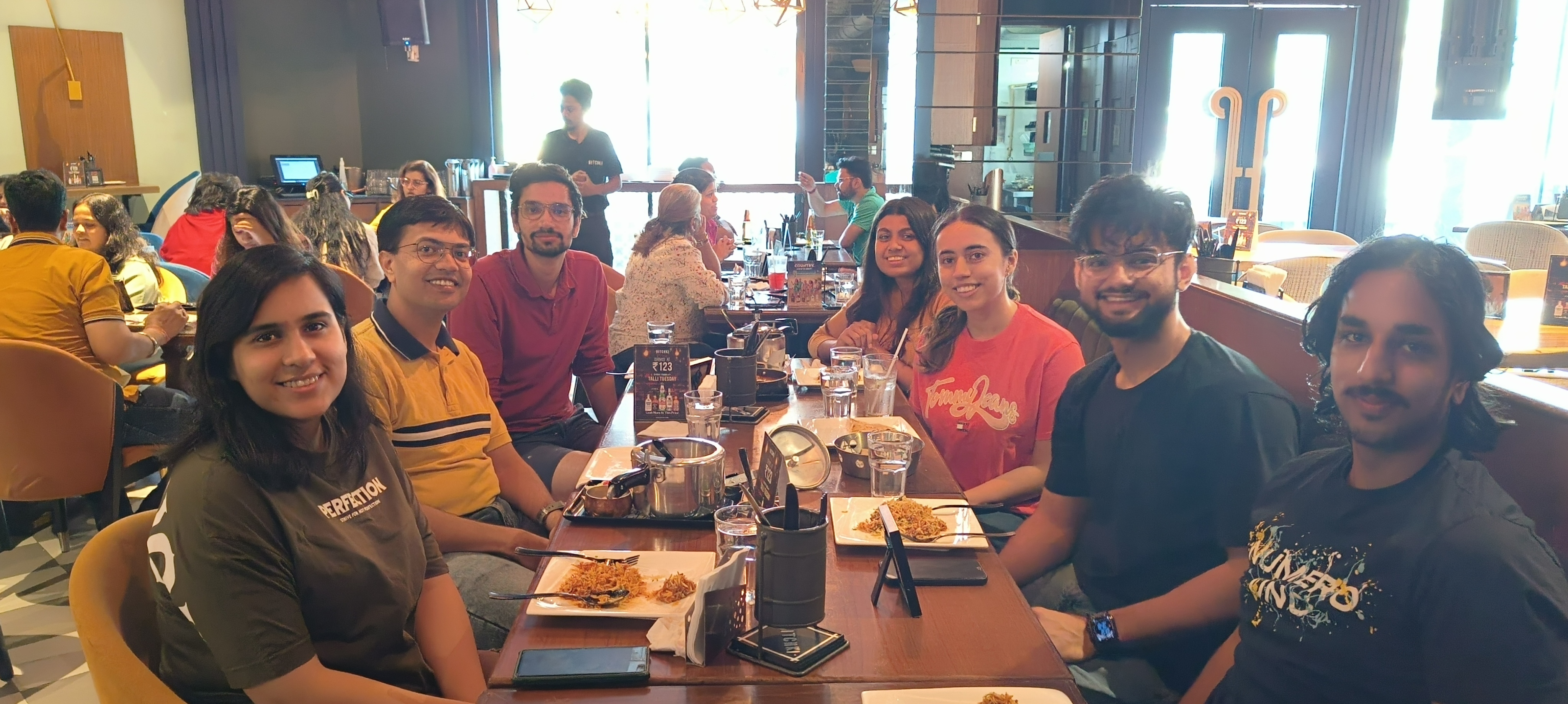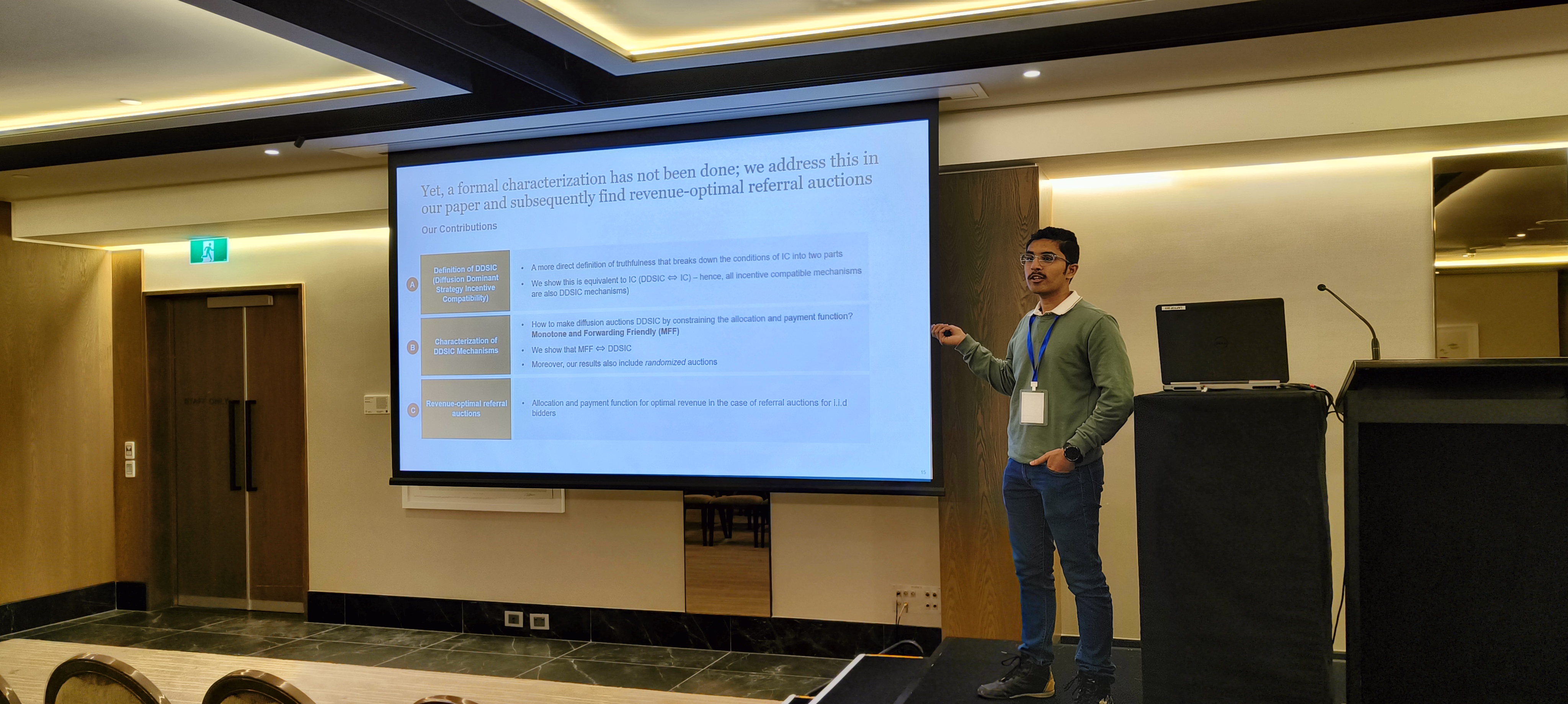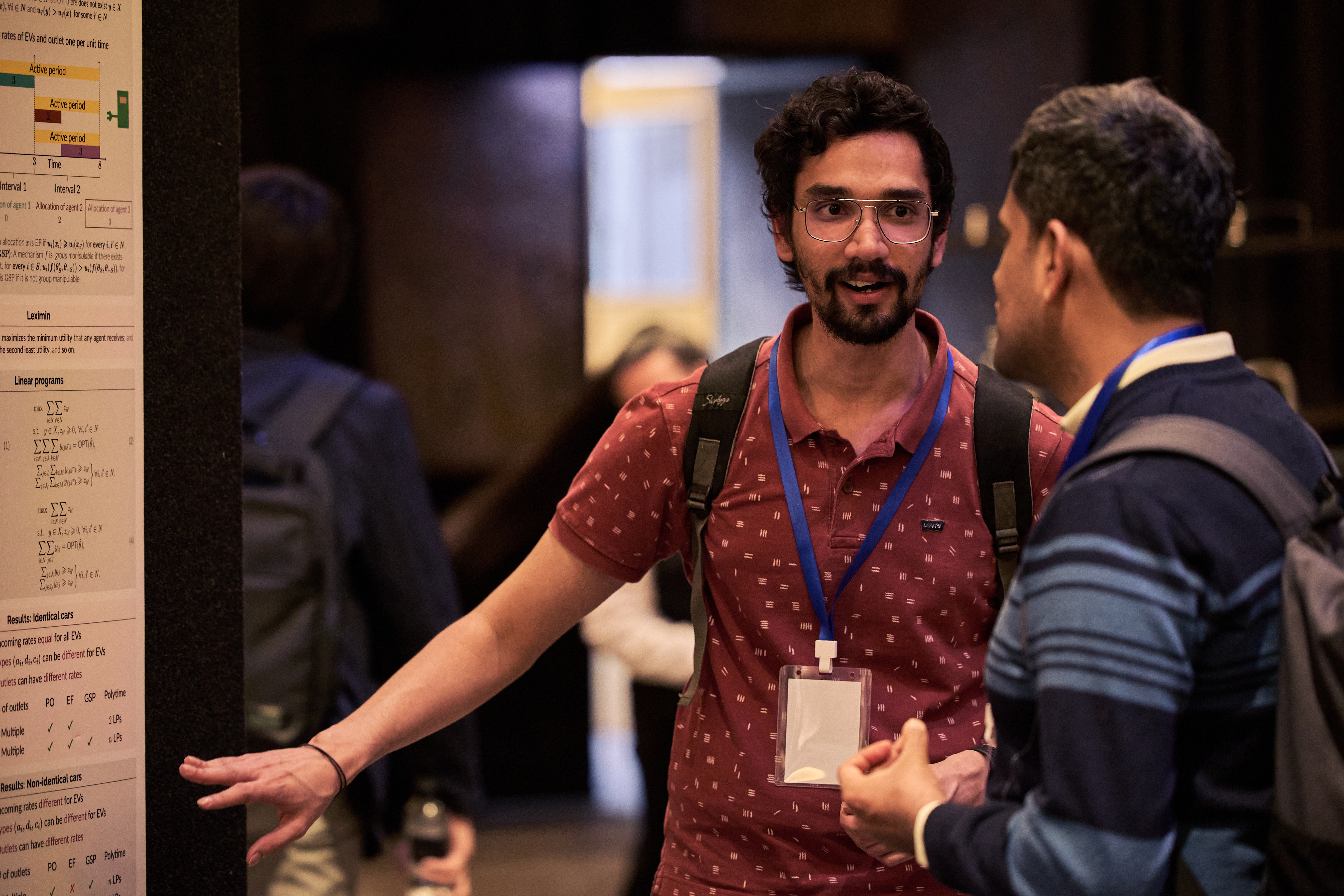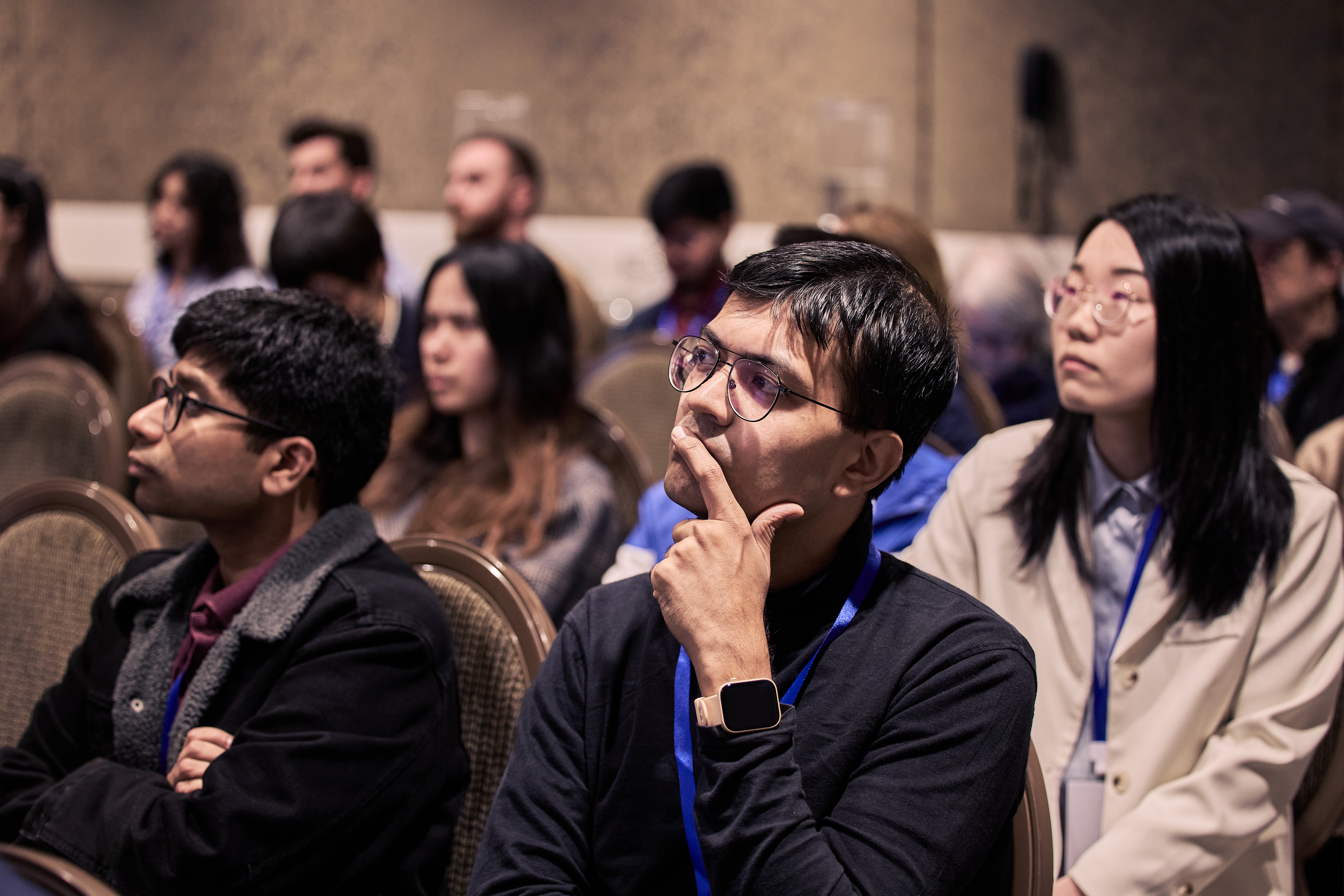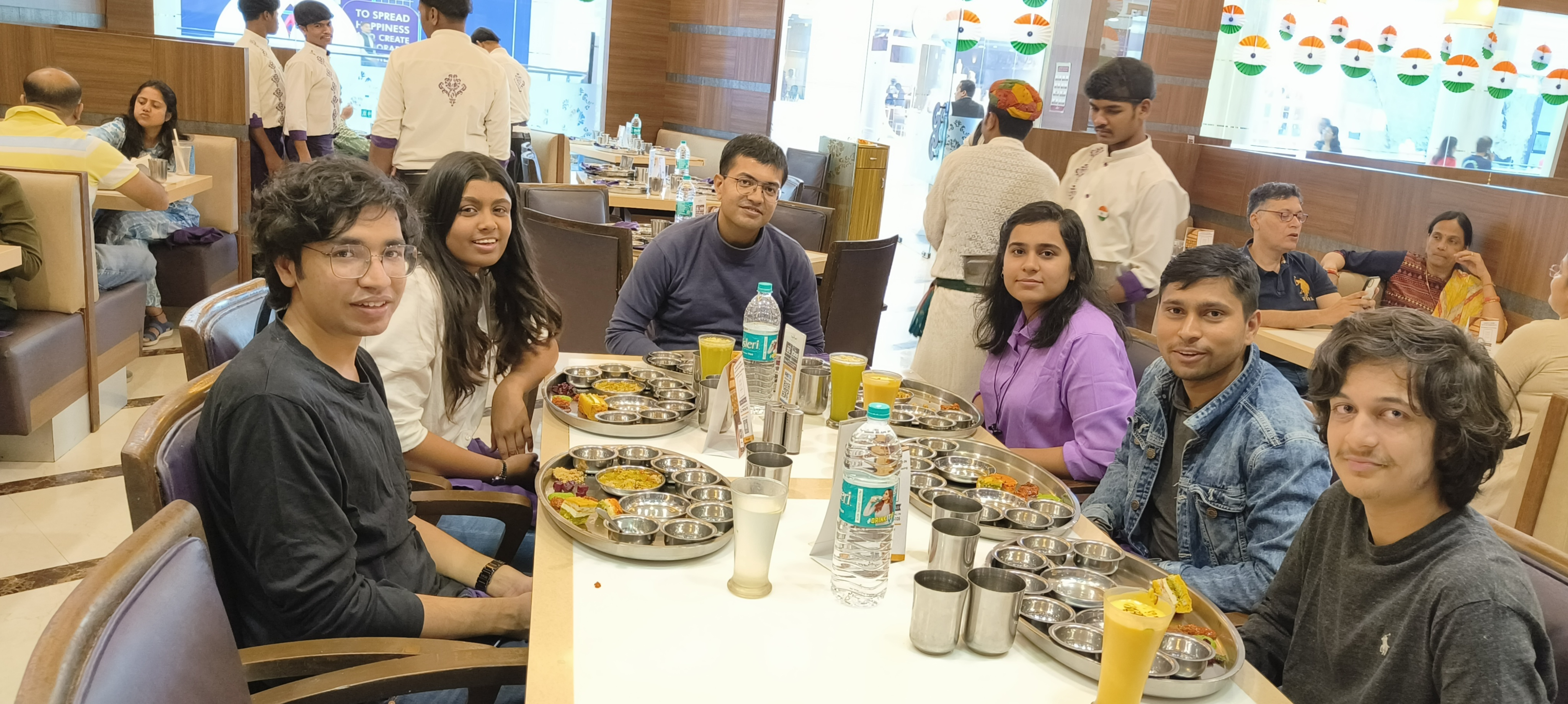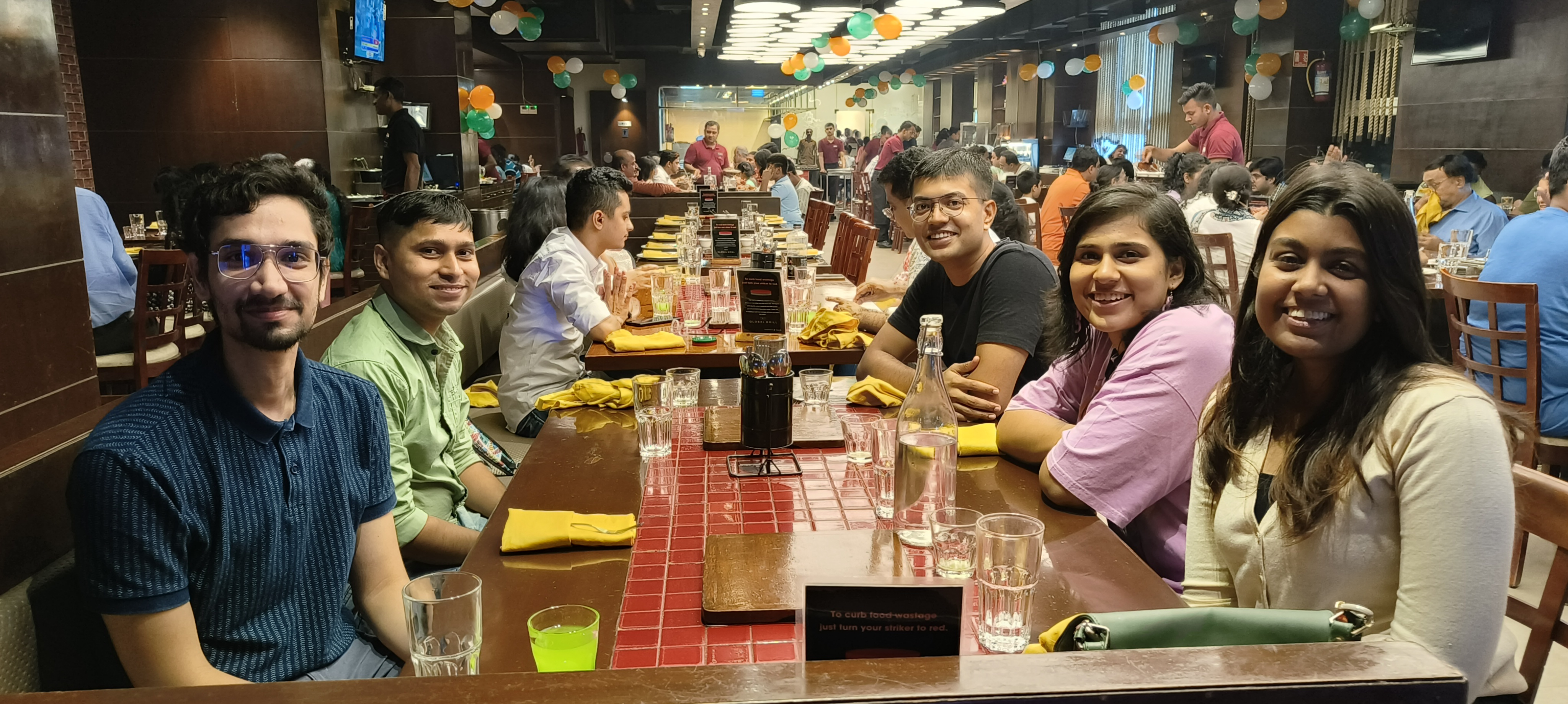Genesis and objective
The CompEcon (abbreviation for Computational Economics) group was formed after a reading group with the same name had been started in the summer of 2018. The reading group consists of faculty members from CSE and Econ, and students (undergraduate and graduate) from various departments. From the beginning, the idea was to foster discussion among multiple disciplines that uses ideas of game theory and mechanism design either directly or indirectly. The reading group meets during the semesters tentatively once in every fortnight. We have a speaker who presents either an original piece of his/her research, or a paper that is of the group's interest. The goal is to understand new ideas/theorems/experiments from these papers and share that with the group members. Apart from these, the enthusiastic group members (photos and mention below) travel to present their papers, create AI tools based on the research, attend workshops for idea exchange, travel for internships, and finally, celebrate over food. Please see the 'News' section below for recent updates. If you want to join our mailing list, please request for membership with your brief introduction.
